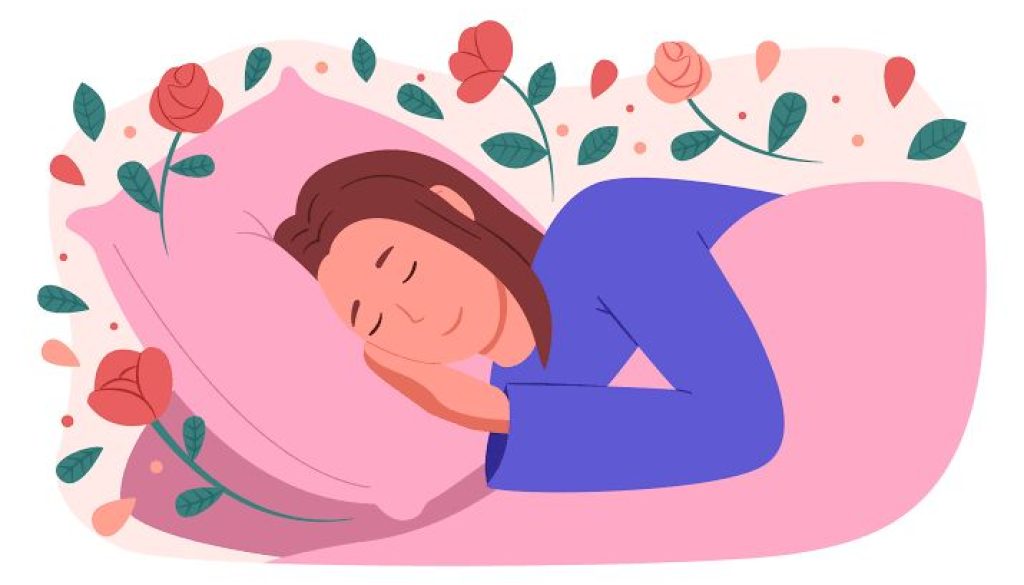The Link Between Sleep and Depression: Understanding the Complex Relationship
Sleep and depression are two closely intertwined aspects of our overall health and well-being. While sleep is essential for our physical and mental restoration, depression is a common mental health disorder that can significantly impact our quality of life. Research has shown that there is a complex relationship between sleep and depression, with each influencing the other in profound ways.
The Impact of Sleep on Depression
Sleep plays a critical role in maintaining our mental health, and chronic sleep deprivation can contribute to the development of depression. Some ways in which sleep affects depression include:
1. Regulation of emotions: Sleep helps to regulate our emotions, reducing stress and anxiety that can contribute to depression.
2. Neurotransmitter balance: Sleep influences the balance of neurotransmitters, such as serotonin and dopamine, which are essential for mood regulation.
3. Inflammation reduction: Sleep has anti-inflammatory properties, which can help reduce inflammation that is associated with depression.
4. Cognitive function: Sleep is essential for cognitive function, including attention, memory, and problem-solving, all of which can be impaired in depression.
The Impact of Depression on Sleep
Depression can also significantly impact sleep quality, leading to insomnia, hypersomnia, or other sleep disorders. Some ways in which depression affects sleep include:
1. Disrupted sleep patterns: Depression can disrupt normal sleep patterns, leading to difficulty falling asleep, staying asleep, or experiencing restless sleep.
2. Increased sleep fragmentation: Depression can lead to increased sleep fragmentation, which is characterized by frequent awakenings throughout the night.
3. Reduced sleep quality: Depression can reduce sleep quality, leading to feelings of fatigue, grogginess, and unrefreshed sleep.
4. Increased risk of sleep disorders: Depression can increase the risk of developing sleep disorders, such as sleep apnea, restless leg syndrome, and narcolepsy.
Breaking the Cycle: Managing Sleep and Depression
Given the complex relationship between sleep and depression, it’s essential to address both aspects simultaneously. Here are some strategies for managing sleep and depression:
1. Establish a consistent sleep schedule: Go to bed and wake up at the same time every day, including weekends.
2. Create a sleep-conducive environment: Make your bedroom a sleep haven by ensuring it’s dark, quiet, and cool.
3. Practice relaxation techniques: Engage in relaxation techniques, such as deep breathing, progressive muscle relaxation, or mindfulness meditation, to help manage stress and anxiety.
4. Get regular exercise: Regular exercise can help improve sleep quality and reduce symptoms of depression.
5. Seek professional help: If you’re struggling with depression or sleep disorders, seek help from a mental health professional or a sleep specialist.
Conclusion
The link between sleep and depression is complex and bidirectional. While sleep disturbances can contribute to the development of depression, depression can also significantly impact sleep quality. By understanding the interplay between sleep and depression, we can develop effective strategies for managing both aspects and improving overall mental health and well-being.



